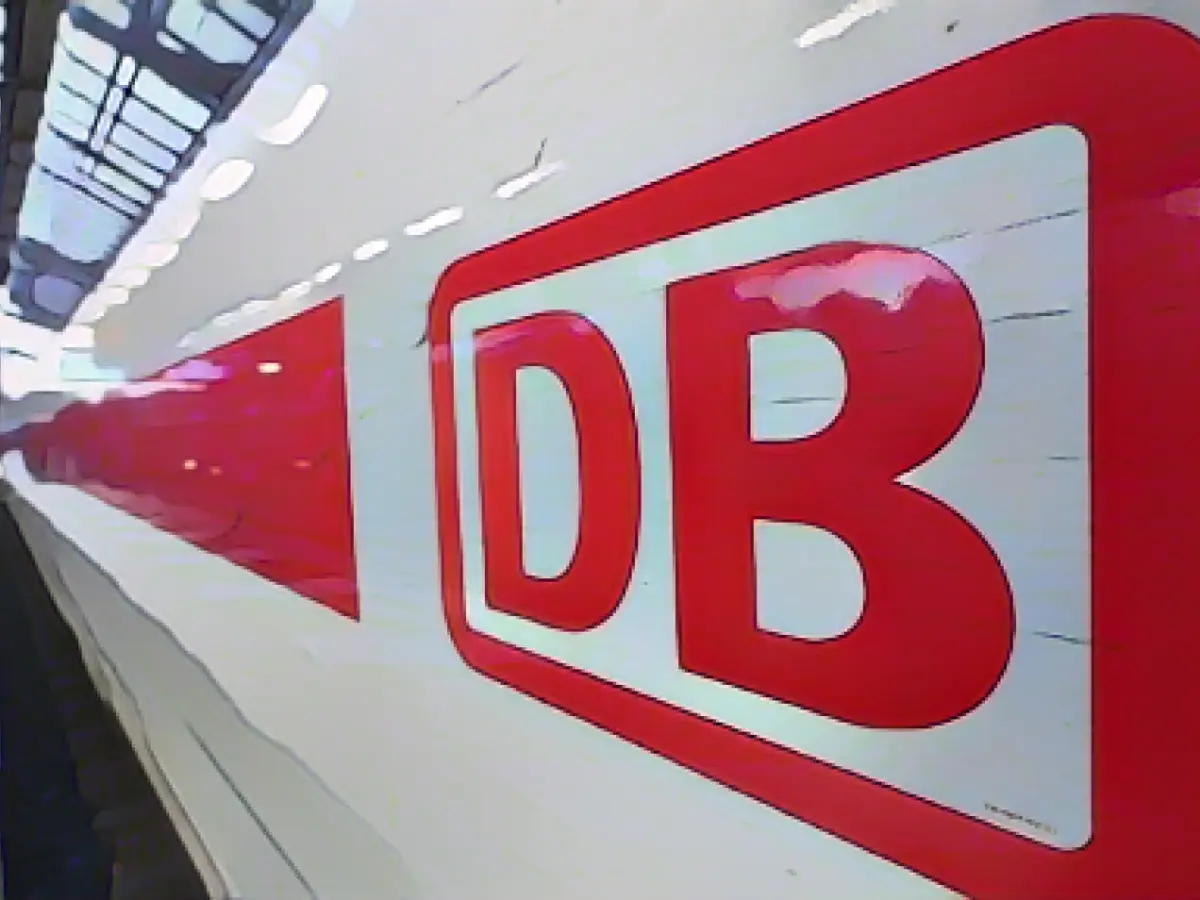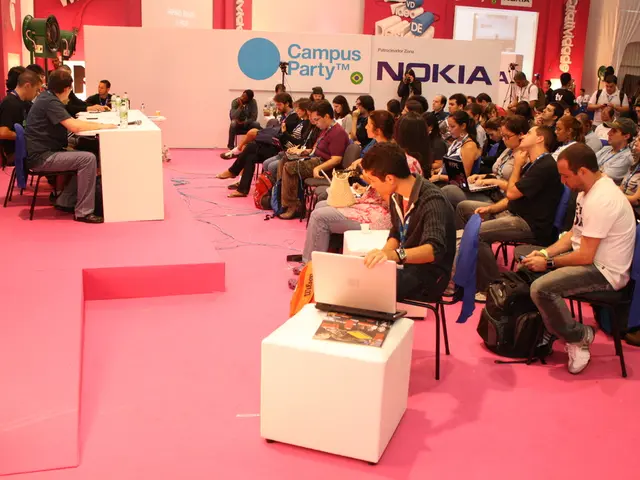Ditching the Old and Ushering in the New: Deutsche Bahn's Journey to a Faster, Greener ICE
Step aboard the future of German rail travel with Deutsche Bahn's latest venture – the tender for the upcoming ICE generation. The objective? Speed, comfort, and sustainability, delivered through a completely novel concept and a minimum speed of 300 kilometers per hour.
Preparing to replace its aging ICE 1 and ICE 3 fleets by the early 30s, Deutsche Bahn intends to invest in a fresh lineup of cutting-edge trains, aiming for a framework agreement with the successful tender bidder for as many as 95 trains. The initial order will involve 33 vehicles, each boasting a spacious 400-meter length and ample seating for approximately 940 passengers.
Stepping With Stride into the Future
Deutsche Bahn's fleet modernization journey has been an ongoing process, with the objective of reducing the current average age to a more youthful 12 years by 2030. This transformation includes the delivery of ICE 4 trains, with the final unit anticipated for deployment as early as March, and the introduction of ICE 3 Neo trainees, expected to reach the roads by 2028. Joining the fray in late 2024 is the ICE L fleet.
Revamping the Railways with Innovation and Efficiency
The end goal of Deutsche Bahn's ICE transformation involves removing bottlenecks and alleviating traffic congestion in the German railway network, ultimately benefiting overall vehicle transportation on German railways.
Beyond the Headlines
Deutsche Bahn enlisted the help of Siemens Mobility and Alstom to independently design concepts for the next-generation ICE trains, using that insight to develop the specifications for the manufacturer-neutral tender.
In collaboration with long-term product design partner Nose, the new ICE trains will showcase a refined Colour, Material, and Finish (CMF) concept, as well as a contemporary seating arrangement and improved connectivity. The design vision focuses on reduced energy consumption (up to 20% fewer watt-hours per passenger-kilometer) by incorporating improved body styling.
The next generation of ICE trains will also feature innovations such as level boarding platforms, expanded luggage storage, a restaurant car, and bike spaces, with the possibility of booking bicycles starting as early as August 2025. These enhancements make the trains more eco-friendly, compliant with Technical Specifications for Interoperability, and capable of speeds up to 330 km/h (205 mph) while meeting enhanced crashworthiness standards for international services.
In conclusion, Deutsche Bahn's plans include a comprehensive overhaul of its long-distance train fleet, aiming to bring new levels of comfort, efficiency, and sustainability to the German railway network.








